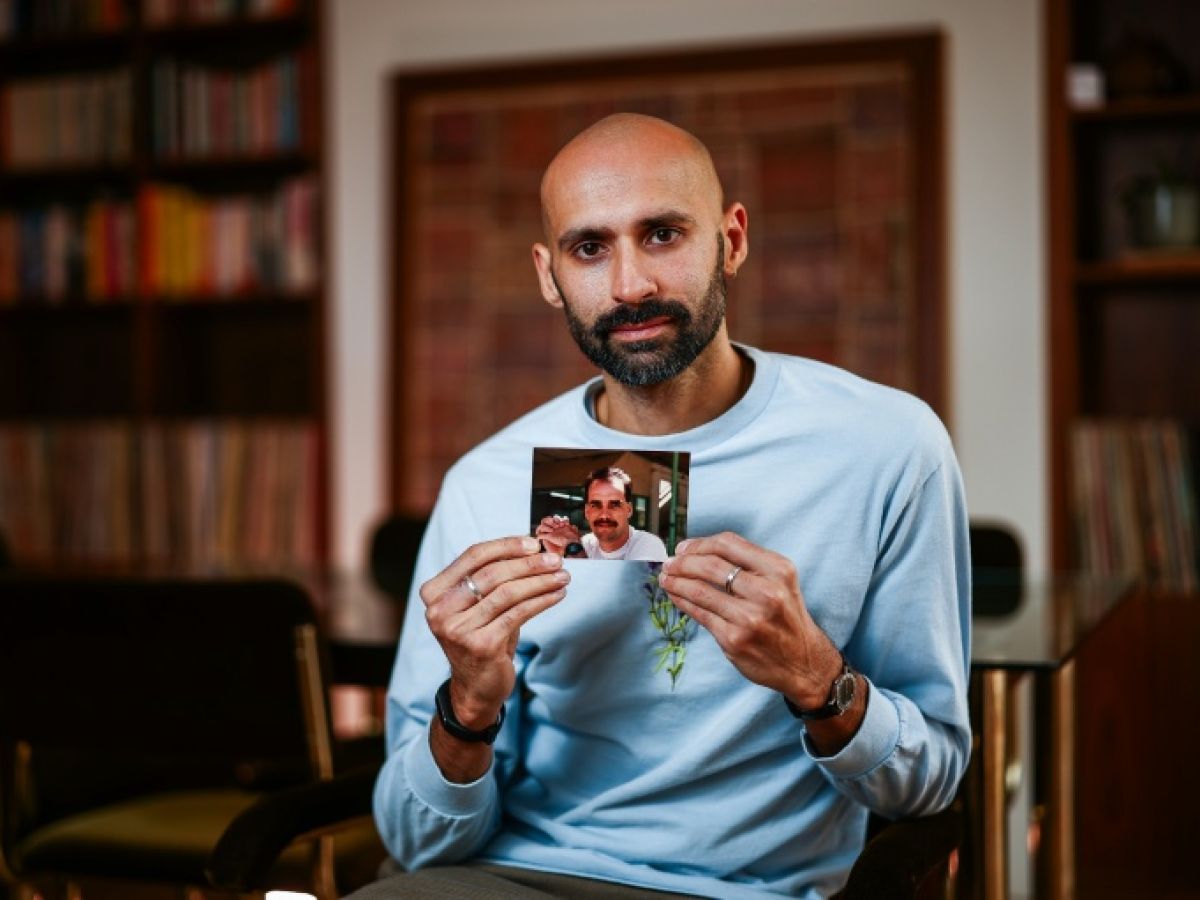Ian Douglas, a London engineer and economist with multiple sclerosis, secretly took his own life in February 2019, at a very advanced stage of his disease. Since then, his son Anil has campaigned to legalise assisted dying in the UK.
A bill on this sensitive subject which divides British opinion is to be examined on Friday by the deputies of the House of Commons, at the initiative of a deputy of the Labour majority.
"If the law had been in place when my father died, he could have had a much safer, gentler death" and "we could have gone through it emotionally and psychologically together," said Anil, whom AFP met at his home in Walthamstow, northeast London.
In the large dark wood bookcase in his living room, a photo shows his mother – who died of cancer in 2008 – and his father, at a time when the disease had not yet taken its toll on him.
"At the time of his death, he was really disabled, he had lost his bodily dignity, his basic mobility functions (...) he was suffering from very intense neurological pain and many side effects of the disease," recalls Anil, 35. "He could barely raise his hand to feed himself," he adds.
When he killed himself, the day before his sixtieth birthday, it was a shock for the whole family.
– “Dangerous” status quo –
Since assisted suicide is illegal and punishable by 14 years in prison, Ian committed suicide without telling anyone around him, buying pills on the dark web.
"He was very determined and stubborn about not wanting to lose his independence and physical abilities beyond a certain point. So in hindsight, I guess it's not surprising (...) that he decided to control the end of his life," Anil explains today.

Opponents of legalising assisted suicide fear that it would threaten vulnerable people, who would be encouraged to end their lives prematurely.
But for Anil, "the current law is dangerous. The current law does not protect" dying people from possible pressure.
It forces them "to make radical decisions, in complete isolation, without protection. That's exactly what my father did," he insists, considering a change in the law "vital."
After his death, his relatives discovered that Ian had made two attempts before succeeding in killing himself.
– Regaining one’s “autonomy” –
"What he did was an act of regaining autonomy, obviously, but it was also extremely dangerous and risky," due to the legislation, Anil believes.
Within hours of his death, the police arrived at Anil's father's house, as is the norm in such a situation, confiscating his phone, his computer, as well as the phones of Anil and his sister.

"It was such a traumatic experience," says Anil, who remembers feeling "suspicious" by the police.
Since his father's death, Anil has been involved with the association Dignity in Dying, which campaigns in the United Kingdom for the legalisation of assisted suicide.
She is defending a bill tabled by a Labour MP, which would allow it in England and Wales for adults with an incurable disease with a life expectancy of less than six months, and who are able to take the drugs that cause death themselves. The text provides for the validation of the decision by two doctors and a judge.
A strict framework, much more than what is in force for example in the Netherlands, Belgium or Canada, and which contains "appropriate measures of protection against coercion", defends Anil, who has participated in several gatherings organized by Dignity in Dying in recent months.
He says he is "optimistic", pointing out that several recent polls show that a majority of Britons support assisted suicide.
On Friday, Anil will once again appear before Parliament when MPs debate the text, hoping that they will show "courageousness".


